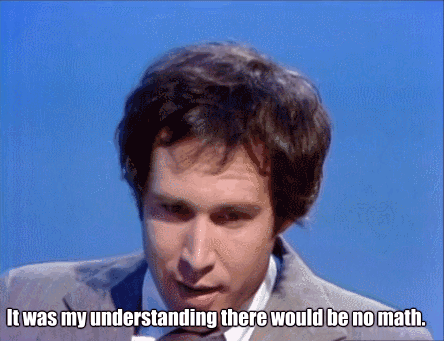I've done some internet digging and can't find anything that I'd consider to be remotely definitive.
My question: After the NCAA Selection Committee has picked its 64 teams, how does it decide how the 48 non-host teams are seeded and, more importantly, where those teams play?
I've seen some reporting (and historical brackets) strongly suggesting that geography plays a role - largely because baseball is a non-revenue sport at most institutions.
Or, does the committee rank the teams 1-64 and set up the 16 Regionals as:
1-64-32-33
2-63-31-34
3-62-30-35
4-61-29-36
5-60-28-37
6-59-27-38
7-58-26-39
8-57-25-40
9-56-24-41
10-55-23-42
11-54-22-43
12-53-21-44
13-52-20-45
14-51-19-46
15-50-18-47
16-49-17-48
I suspect that it is a combo of those approaches where they may have teams "lumped" in certain groups (i.e. 6 teams in the 22-27 range) and they place them in a Regional that makes the most sense geographically (or, to be cynical, place them in a bracket which best advantages the SEC and ACC chances of dominating the teams in Super Regionals).
It then begs the question . . . Iowa is now #31 in RPI. Does it want to be a #2 seed in a Regional hosted by a team that is considered be the #2 nationally? Or, would it be better to be a #3 seed in a Regional hosted by a team that is considered be say, #13-#16 nationally?
Regardless . . . how fun is it to have our days filled up with such thoughts as opposed to wringing our hands whether Iowa can beat Purdue, Michigan twice and have enough pitching left to beat Rutgers just to become an automatic qualifier?
My question: After the NCAA Selection Committee has picked its 64 teams, how does it decide how the 48 non-host teams are seeded and, more importantly, where those teams play?
I've seen some reporting (and historical brackets) strongly suggesting that geography plays a role - largely because baseball is a non-revenue sport at most institutions.
Or, does the committee rank the teams 1-64 and set up the 16 Regionals as:
1-64-32-33
2-63-31-34
3-62-30-35
4-61-29-36
5-60-28-37
6-59-27-38
7-58-26-39
8-57-25-40
9-56-24-41
10-55-23-42
11-54-22-43
12-53-21-44
13-52-20-45
14-51-19-46
15-50-18-47
16-49-17-48
I suspect that it is a combo of those approaches where they may have teams "lumped" in certain groups (i.e. 6 teams in the 22-27 range) and they place them in a Regional that makes the most sense geographically (or, to be cynical, place them in a bracket which best advantages the SEC and ACC chances of dominating the teams in Super Regionals).
It then begs the question . . . Iowa is now #31 in RPI. Does it want to be a #2 seed in a Regional hosted by a team that is considered be the #2 nationally? Or, would it be better to be a #3 seed in a Regional hosted by a team that is considered be say, #13-#16 nationally?
Regardless . . . how fun is it to have our days filled up with such thoughts as opposed to wringing our hands whether Iowa can beat Purdue, Michigan twice and have enough pitching left to beat Rutgers just to become an automatic qualifier?


